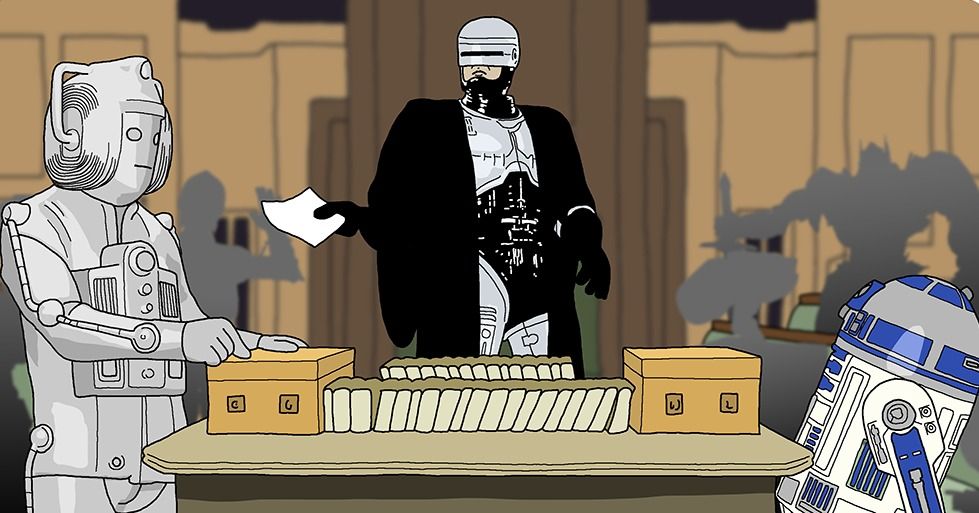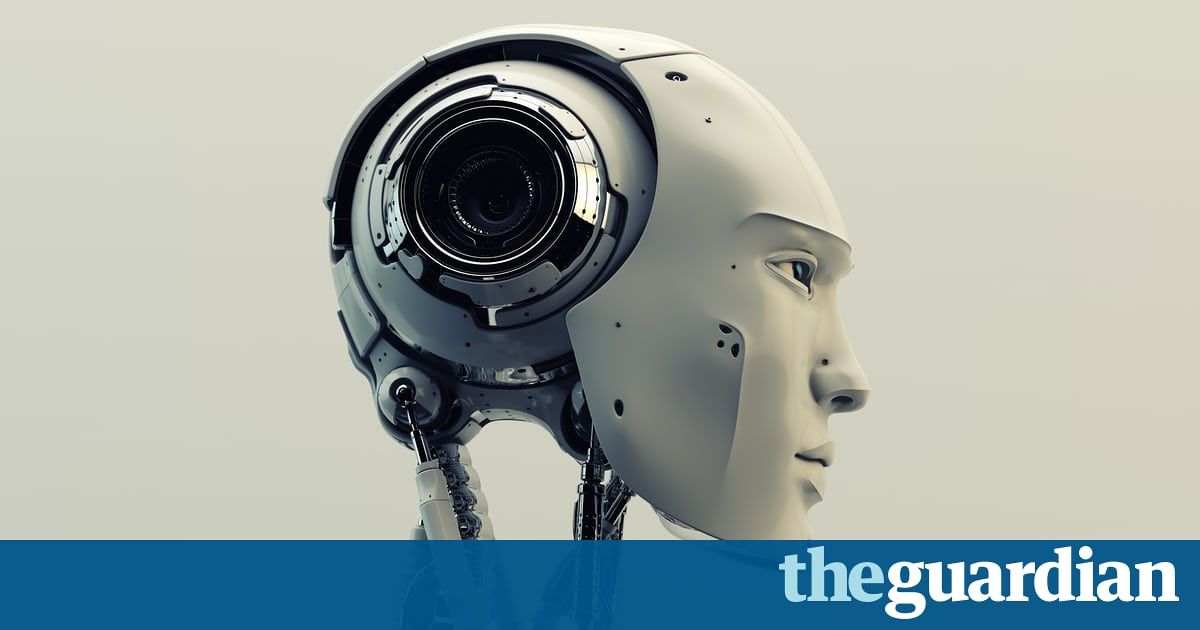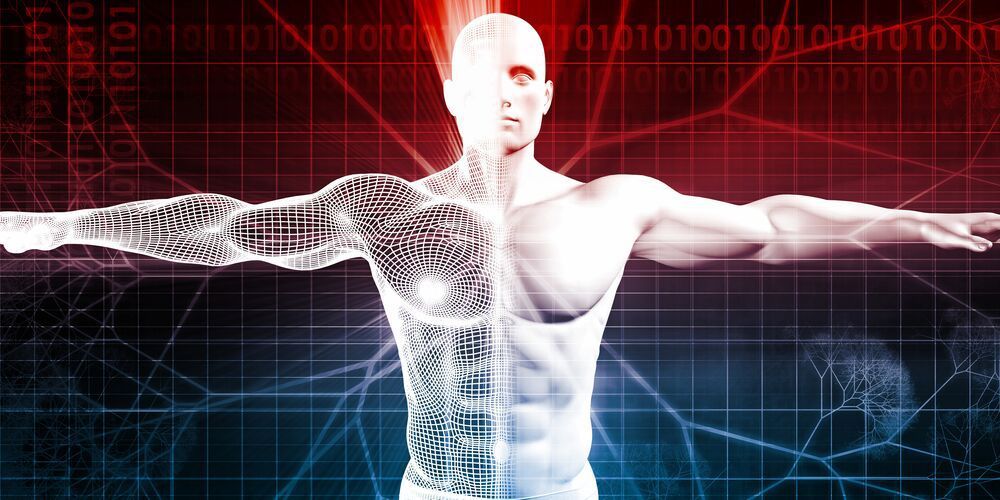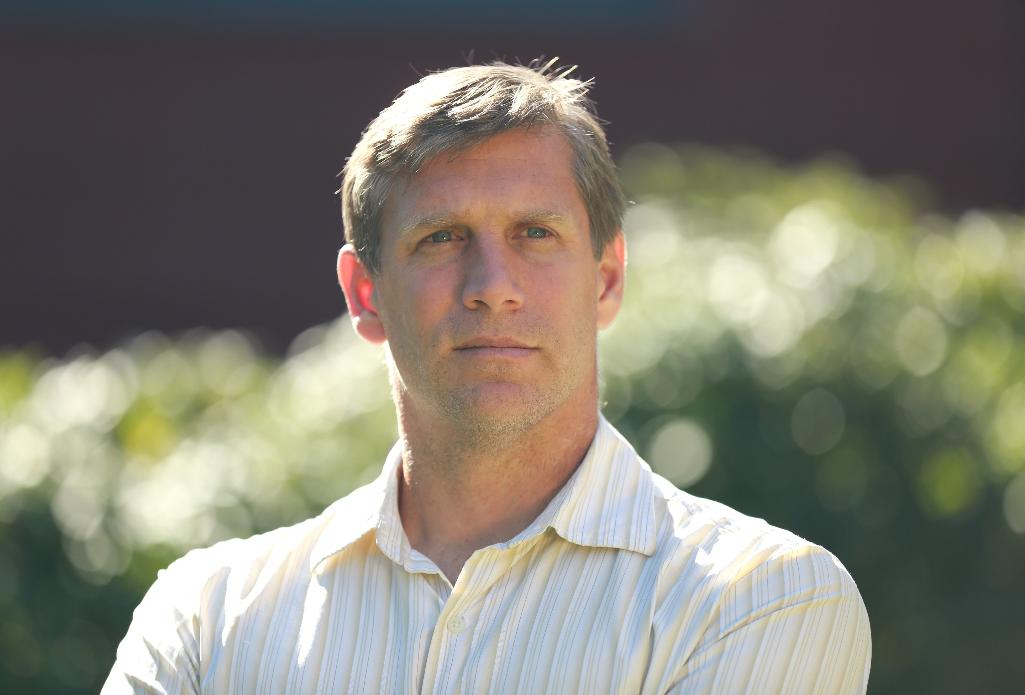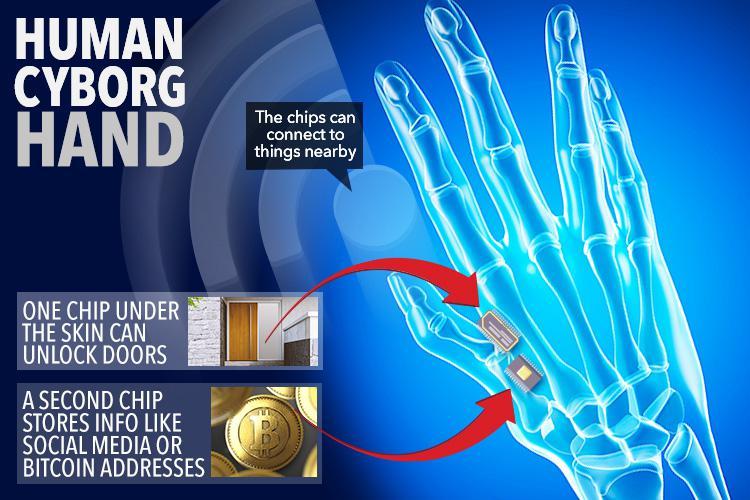My new story for my #transhumanism column at Psychology Today on Direct Neurofeedback:
Transhumanism—the movement of using science and technology to improve the human being—covers many different fields of research. There are exoskeleton suits to help the disabled; there are stem cell treatments to cure disease; there are robots and AI to perform human chores. The field is wide open and booming as humanity uses more and more tech in its world.
It’s not that often I get to participate directly in these radical technologies, but I did so recently when Grant Rudolph, Clinical Director at Echo Rock Neurotherapy in Mill Valley, California invited me to try his Direct Neurofeedback techniques. Via his computer and EEG wire hookups, Mr. Rudolph echoed my brainwave information back into my head at an imperceptible level. I did two sessions of Direct Neurofeedback.
At first, I was skeptical that I’d even feel anything since the EEG information can’t be detected by the skin as a sensation, but within five minutes of having the wires stuck onto my forehead, I began feeling different. I can compare it to a light dose of a recreational drug: I felt happy, content, and worry-free. I also felt more introspective than normal. The feedback only took a few seconds, and after about 15 minutes, I seemed to notice the world’s colors were sharper and my hearing was more acute. The heightened awareness and calming effect lasted about 24 hours and then most of it gradually wore off. Some of the clarity must still be working, because getting things done sometimes still seems easier. I’m told that continued sessions would make this state of clarity my new norm.

